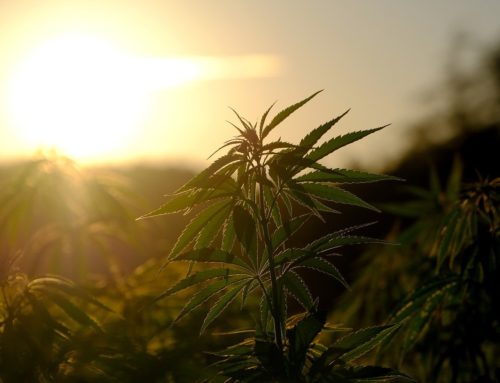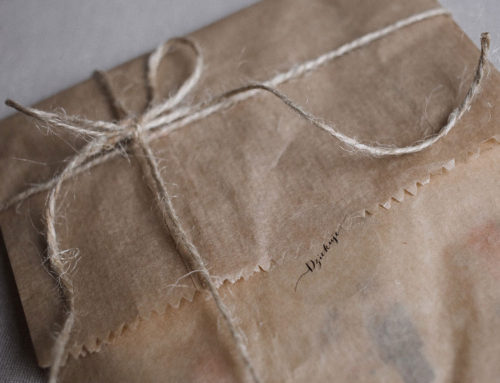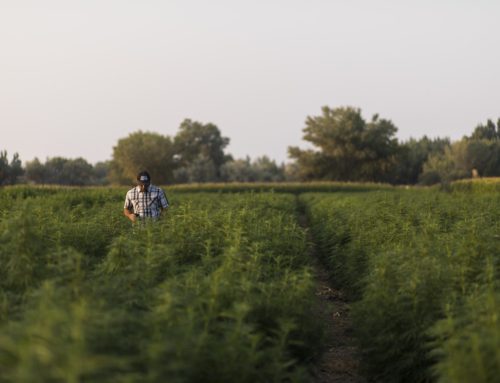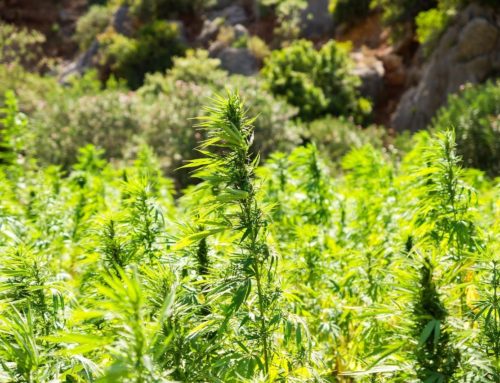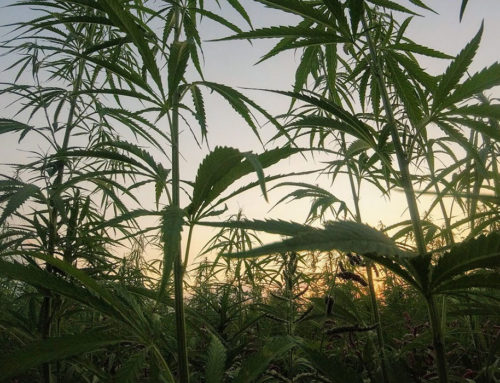The most common reason for hemp cultivation prior to the prohibition of the early 1900s was for industrial uses such as paper, twine, and cordage. The long, stringy outer core of industrial hemp stalks, known as bast fiber, produce items like hemp fabric, rope, and a fiberglass alternative with greater tensile strength. While CBD and THC steal the show when the hemp plant first comes up in conversation, fiber and grain varietals far exceed their cannabinoid-producing sibling when it comes to multi-functionality.
When considering whether to farm hemp, one must first consider their planting and harvesting capabilities, as well as who their end-user is. The cost to plant a fiber hemp crop is fractional compared to the cost of planting a high CBD hemp crop. The cost to harvest traditional long-stalk cannabis sativa is also less expensive. Many traditional farmers without the experience or manpower to convert to row cropping necessary to produce a cannabidiol crop would be smart to research the potential outlets for a fiber crop.
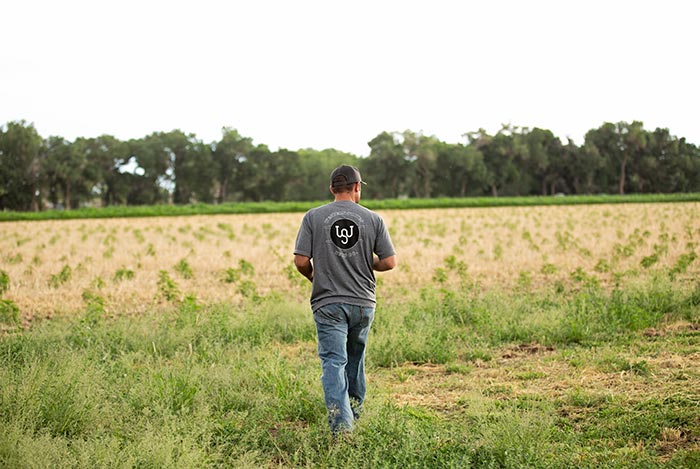
Since the inception of the 2014 Farm Bill, more farmers have started to plant hemp. Centers for hemp fiber processing have also started to take shape, though the capabilities of these centers still have a long way to go to compete with the Canadian and Chinese hemp markets. Initial retting and decortication centers are becoming more prevalent in some sectors of the United States, which have the capacity to separate the outer bast fiber from the inner woody core of the hemp stalk known as the hurd. These basic processes can render natural fiber products from the hurd like animal bedding, potential concrete strengthener (hempcrete), and wood flooring alternatives.
The most promising high notes in the hemp industry involve the research and development taking place in the technology and eco-conscious sectors of manufacturing. Automobile manufacturers are using hemp fiber and oil to develop composite materials in place of traditional plastic and fiberglass. This same technology is also being used to produce hemp fiber bikes. Plastic producers are working on plant-based, biodegradable alternatives to single-use items like plastic water bottles and single-use cutlery. Imagine knowing the chip bag you threw away at lunch would be composted within the year!
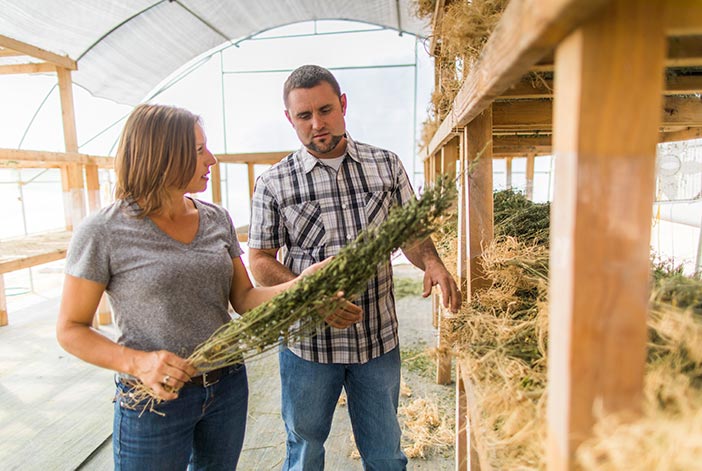
The bast and the hemp hurd aren’t the only products of this fiber crop. As a traditional lignin crop, when grown to maturity, it also produces a large amount of hemp seed. Those seeds can be pressed to express one of the most nutritional oils on the planet. The bi-product of the seed, known as the “cake,” is the seed shell. This portion of the plant is generally dried and ground, and subsequently used as a protein base in items such as vegetable-based protein powders.
Even the famous five-leaf flower has a potential use. If dried, ground, and reconstituted with the protein-rich “cake,” the product can be pelletized as a potential animal feed. While the USDA does not currently allow for the production of feed utilizing any hemp derivative, nor can a farmer feed his/her own livestock hemp if selling into USDA feed chains, rest assured, the day will come when that too is legal.
Because industrial hemp varieties contain low levels of CBD and other cannabinoids, research can be done to determine if cannabinoids reduce inflammation within the animal, thus producing a better quality of meat or a longer productive lifespan for the animal. This could mean greater profit margins for struggling farmers and ranchers whose bottom line gets a little slimmer each year. Ten years from now, we may find that grass-fed meat pales in comparison to hemp-fed meat.
While there is much work to be done in the industry, Western State Hemp (WSH) continues to work tirelessly in moving the hemp industry forward in the West. To date, WSH has planted and harvested five different fiber and seed varietals for research and development. As a company that produces large scale commodity crops, we are open and willing to work with wholesalers and manufacturers looking for fiber and seed producers that have the ability to scale to meet their needs.
Whether a company is looking to produce biofuel, building materials, hemp textiles, nanocellulose, or food-grade products, Western States Hemp has the skill and the will to grow the hemp industry.
